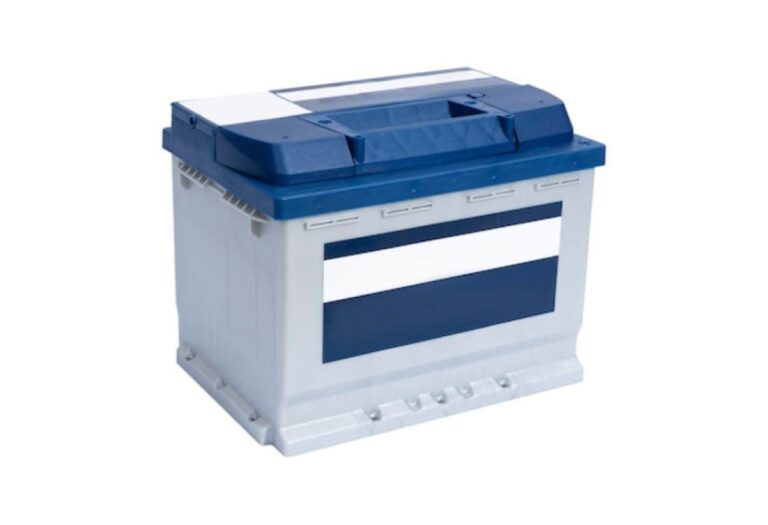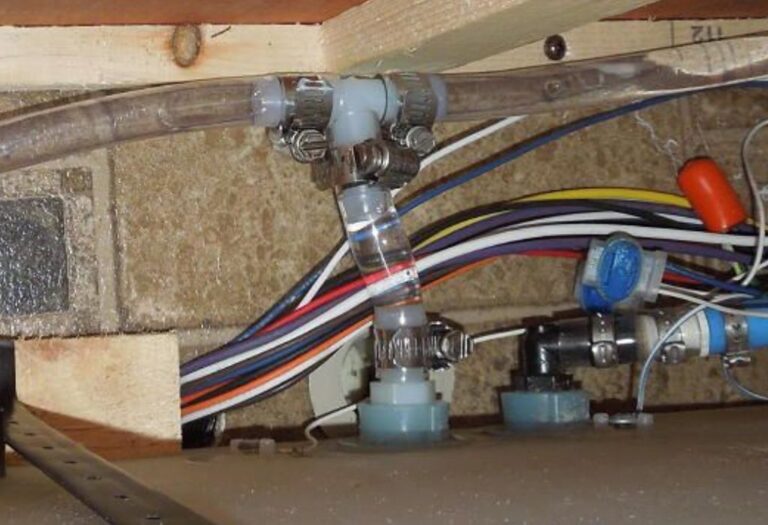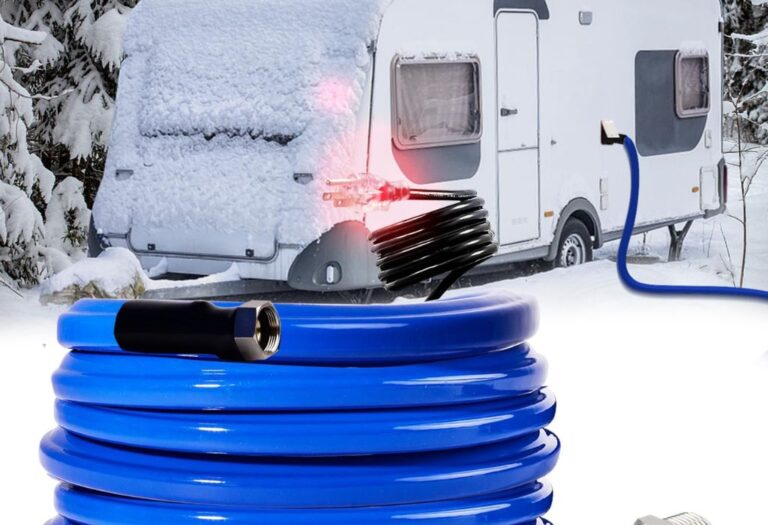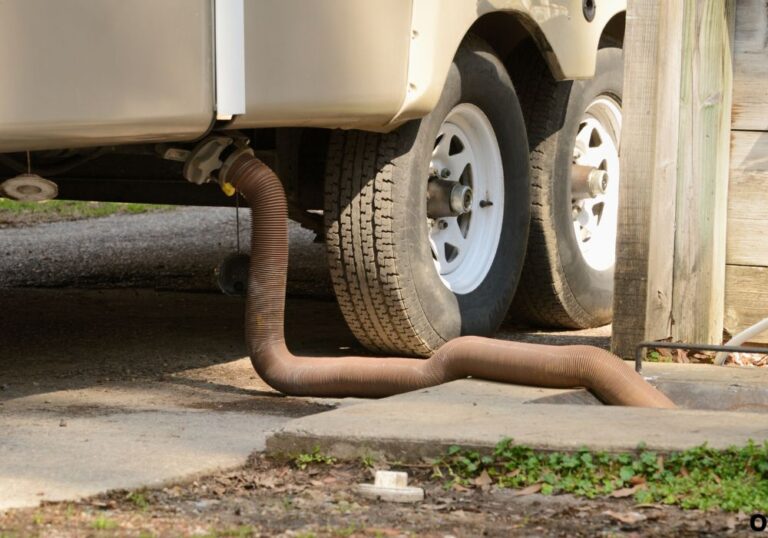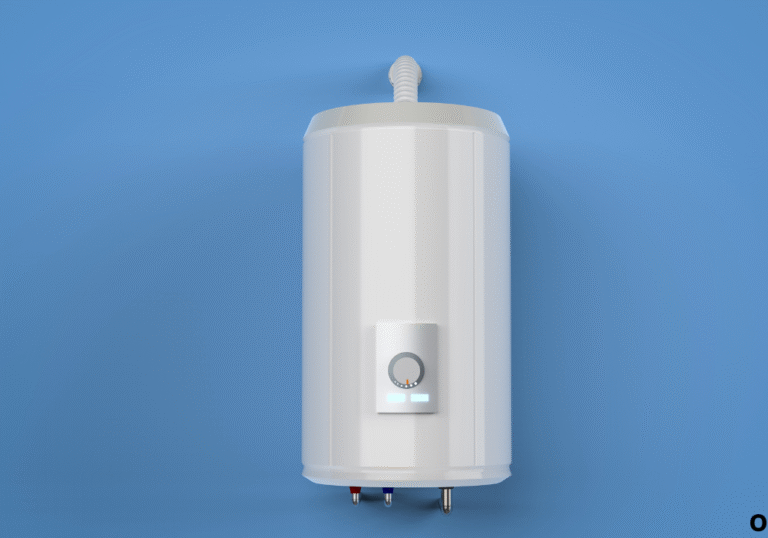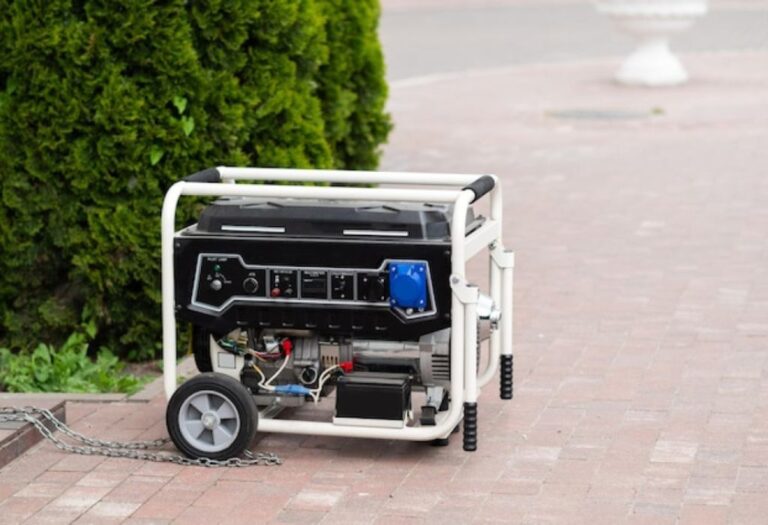How Long Will an RV Battery Run a Fridge? (Complete Power Guide)
RV travel gives you freedom—the ability to explore the open road without leaving the comforts of home behind. But one essential comfort is refrigeration. Whether it’s keeping food fresh, drinks cold, or medicine stored properly, your RV fridge is something you can’t live without.
And that leads to a very common question among RVers: How long will an RV battery run a fridge?
The answer isn’t simple. It depends on the type of fridge you have, the type of battery powering it, your overall power usage, and even the weather outside. In this complete guide, we’ll break everything down with examples, real-world scenarios, calculations, and practical tips so you’ll know exactly what to expect.
1. Why RV Fridges Drain Batteries Quickly
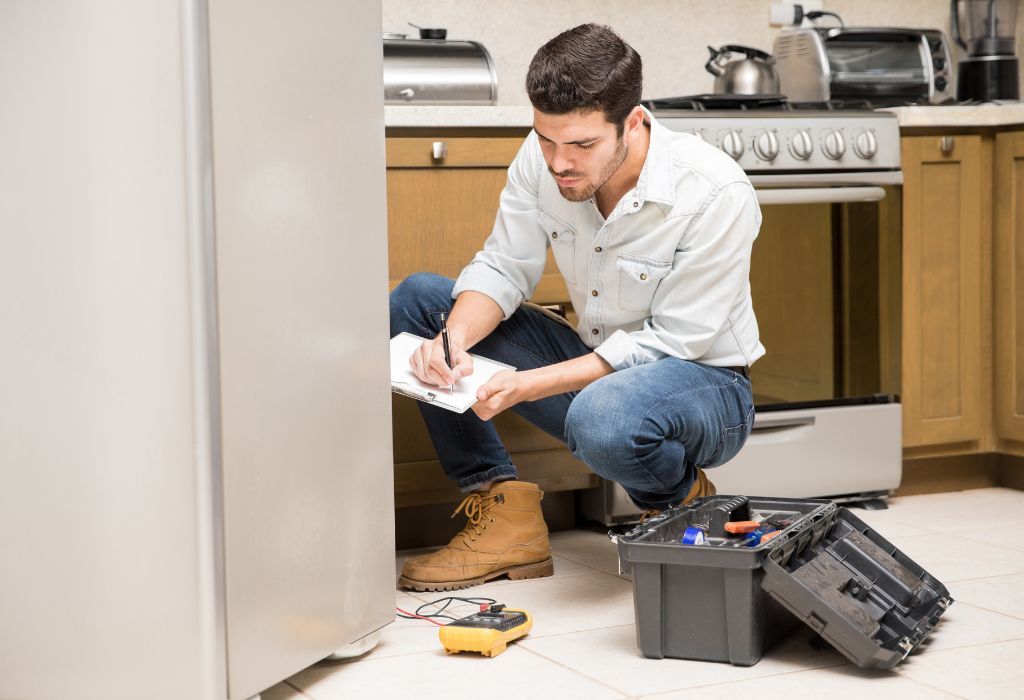
Your RV fridge may not seem like the biggest energy hog, but when it runs for hours non-stop, it can drain your battery faster than you think. Here’s why:
- Fridges need a steady supply of electricity to keep the interior at a safe temperature.
- Compressor fridges draw significant current each time the compressor cycles on.
- Residential-style fridges, often installed in modern RVs, require inverters, which waste some energy during the DC-to-AC conversion.
- The hotter the weather, the harder the fridge has to work, meaning more power drain.
2. Types of RV Refrigerators and Their Power Needs
Not all RV fridges are the same, and the type you have plays the biggest role in how long your battery will last.
- Absorption Refrigerators (Propane/Electric)
These are the most common in older RVs. They can run on propane, which uses very little electricity, or on 120V electric power. When running on propane, the battery draw is minimal—mostly for the control board and fan. - 12V Compressor Refrigerators
Becoming more popular, these fridges are efficient compared to residential models, but they still draw steady DC power. Depending on size, they may use 40–70 watts per hour. - Residential Refrigerators
These are full-size fridges designed for homes but adapted for RV use. They run on AC power and require an inverter when used with batteries. Power draw is the highest here, usually 150–200 watts or more.
3. Understanding RV Battery Basics
Before we estimate runtimes, let’s review RV battery fundamentals.
- House vs. Chassis Batteries
Your RV has two main battery systems. The chassis battery starts the engine, while the house battery runs lights, appliances, and the fridge when you’re off-grid. For fridge runtime, we’re talking about the house battery. - Deep Cycle vs. Starting Batteries
Starting batteries are for short bursts of power, while deep cycle batteries are designed to provide steady electricity over a longer period. Always use deep cycle batteries for RV living. - Battery Capacity (Amp-Hours)
Amp-hours (Ah) tell you how much energy a battery can store. For example, a 100Ah battery at 12V holds around 1200 watt-hours (Wh). A bigger battery bank = more fridge runtime.
4. Factors That Affect How Long an RV Battery Can Run a Fridge
The answer to “how long will my battery last?” depends on several key factors:
- Battery Size – Larger capacity batteries (200Ah or 400Ah) last much longer than a single 100Ah unit.
- Battery Type – Lithium batteries perform far better than lead-acid, especially in cold weather.
- Fridge Type – Residential fridges drain the most, propane fridges drain the least.
- Battery Age – Old batteries may only hold 60–70% of their original charge.
- Temperature – Hotter weather makes the fridge compressor run more often.
- Inverter Efficiency – Converting DC to AC wastes 5–15% of energy.
- Other Power Usage – Lights, fans, and water pumps all draw from the same battery.
5. Average Runtime Examples: How Long Will an RV Battery Run a Fridge?
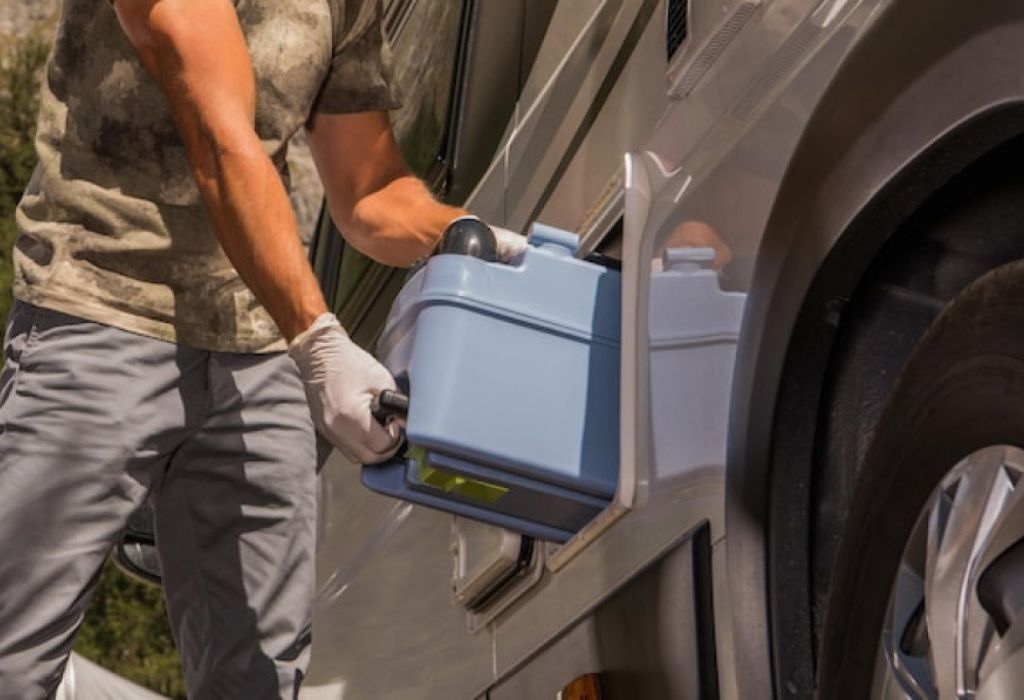
Here’s what you can realistically expect in different setups:
- Small 12V Compressor Fridge with 100Ah Lead-Acid Battery
Runs around 20–30 hours with light usage. - Medium 12V Fridge with 200Ah AGM Battery
Lasts around 40–60 hours before needing recharge. - Residential Fridge with 400Ah Lithium Battery Bank
Can run about 24–48 hours depending on load. - Absorption Fridge on Propane
Battery draw is so minimal (control board only) that a 100Ah battery could last several days. - Boondocking with Solar Panels
If your solar array is strong enough (400–600 watts), your fridge can run indefinitely since the panels recharge the battery daily.
6. How to Calculate Your Own RV Battery Runtime
Instead of guessing, you can calculate battery life using this formula:
Battery Capacity (Ah) × Voltage (V) ÷ Appliance Load (Watts) = Runtime (hours)
Example:
- A 200Ah battery at 12V stores 2400Wh of energy.
- Your fridge draws 120W.
- 2400 ÷ 120 = 20 hours of runtime.
Keep in mind this is a best-case scenario. Real-world results will be lower due to inverter inefficiency, weather, and aging batteries.
7. Real-Life Scenarios
Let’s look at different types of RVers and how their fridges perform on battery power.
- Weekend Camper
With a 100Ah AGM battery and a 12V fridge, they can expect 1–2 days of runtime before recharging. - Full-Time RVer
Using a 400Ah lithium battery bank with a residential fridge, they get about 2 days, then recharge with solar or generator. - Boondocker with Solar Panels
A 600W solar setup can keep batteries charged enough to run the fridge indefinitely in sunny conditions. - Cold Weather Camper
In freezing weather, battery capacity drops, so runtime may be cut in half.
8. How to Make Your RV Battery Last Longer When Running a Fridge
You don’t have to upgrade to a giant battery bank—smart habits can extend runtime.
- Switch to propane mode if you have an absorption fridge.
- Invest in lithium batteries for longer life and deeper discharge.
- Add solar panels to recharge during the day.
- Keep the fridge closed as much as possible.
- Park your RV in the shade to reduce compressor work.
- Use a high-efficiency 12V fridge instead of a residential one.
- Turn off unnecessary appliances while boondocking.
9. Common Mistakes That Drain RV Batteries Fast

Many RVers accidentally shorten battery life. Avoid these mistakes:
- Running a fridge on battery without backup charging for days.
- Using mismatched or old batteries in your bank.
- Forgetting to recharge batteries fully before storage.
- Leaving the fridge door open too often.
- Overloading the inverter with multiple appliances.
10. Frequently Asked Questions (FAQs)
- Can an RV battery run a fridge overnight?
Yes, a 100Ah battery can usually power a fridge overnight, depending on fridge type. - How long will a 100Ah battery run a fridge?
Around 20–30 hours for a 12V compressor fridge under light use. - Do solar panels keep the fridge running at night?
No, but they recharge batteries during the day, extending total runtime. - Do I need lithium batteries for a residential fridge?
Yes, if you plan to run it off-grid for extended periods. - Is propane better than battery power for fridges?
Absolutely—propane mode is far more efficient and saves battery life.
11. Conclusion
So, how long will an RV battery run a fridge? The answer depends on your setup.
- A single 100Ah battery may last just a day with a small 12V fridge.
- A 200Ah setup can get you 2 days of runtime.
- A large lithium battery bank can keep a fridge going for several days.
- With propane or solar support, you can extend runtime almost indefinitely.
The key takeaway is that battery runtime depends on battery capacity, fridge type, and your overall power habits. By choosing efficient appliances, upgrading to lithium, and adding solar, you’ll never have to stress about spoiled food again.
RVing is all about freedom—and with the right setup, you’ll always have a cold drink waiting after a long drive.
I’m David R. Coleman, the founder, lead writer, and lifelong tool enthusiast behind GarageToolPro.com. With years of experience in automotive repair, woodworking, and home DIY projects, I created this platform to share practical tips, detailed tool reviews, and step-by-step guides that help mechanics, hobbyists, and homeowners get the job done right the first time.

